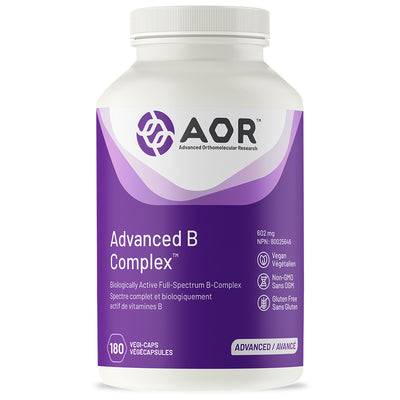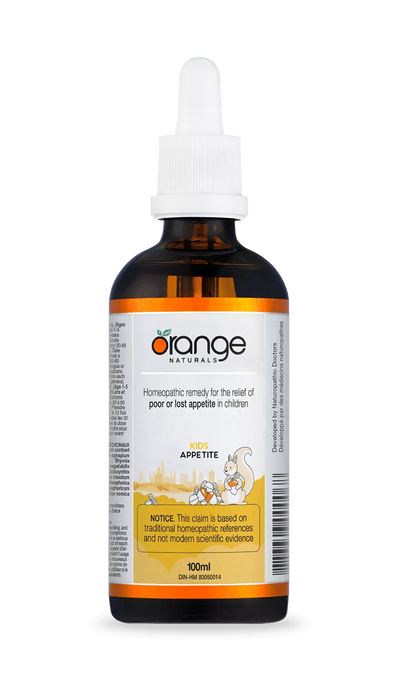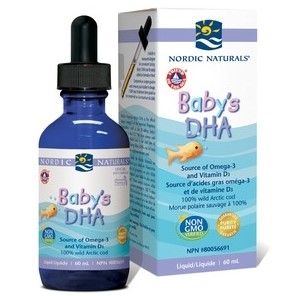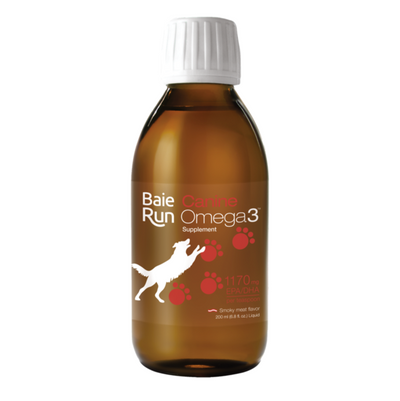Understanding Irritable Bowel Syndrome (IBS): Causes and Natural Solutions
Reviewed by Aleksandra Morgan, CNPWhat is Irritable Bowel Syndrome (IBS)?
Irritable Bowel Syndrome (IBS) is a common gastrointestinal disorder that affects the large intestine, leading to symptoms such as abdominal pain, bloating, gas, and altered bowel habits, including diarrhea and constipation. While IBS does not cause permanent damage to the intestine, it can significantly impact the quality of life.
Common Causes of IBS
Stress
- Role of Stress: Stress is a major trigger for IBS symptoms. The gut-brain axis, which connects the central nervous system to the gastrointestinal system, can become dysregulated during periods of high stress, exacerbating IBS symptoms.
- Management: Stress reduction techniques, such as mindfulness, meditation, yoga, and regular physical activity, can help manage symptoms. For specific supplements and other tips read our blog: ADRENALS, STRESS, AND ADAPTOGENS: NURTURING THE BODY'S RESILIENCE TO STRESS
Food Intolerances
- Trigger Foods: Many people with IBS have sensitivities to certain foods. Common culprits include dairy, gluten, and artificial sweeteners.
- Management: Keeping a food diary to identify and eliminate trigger foods can be beneficial. Consulting with a nutritionist can also provide personalized guidance.
High FODMAPs
- What are FODMAPs?: FODMAPs (Fermentable Oligosaccharides, Disaccharides, Monosaccharides, and Polyols) are short-chain carbohydrates that are poorly absorbed in the small intestine, leading to gas and bloating.
- Management: A low FODMAP diet has been shown to reduce symptoms in many IBS sufferers. This involves avoiding high FODMAP foods such as certain fruits, vegetables, dairy products, and grains, then gradually reintroducing them to identify which ones cause symptoms.
Other Factors
- Gut Flora Imbalance: An imbalance in the gut microbiota can contribute to IBS. Probiotics like CYTO-MATRIX FLORA-MATRIX IBS help restore a healthy balance of bacteria.
- Hormonal Changes: Hormonal fluctuations, especially in women, can worsen IBS symptoms. This is often noted during menstrual cycles.
Natural Solutions for IBS
Natural management of IBS involves using holistic approaches to alleviate symptoms and improve overall gut health. This can include dietary modifications, such as increasing fiber intake and eliminating trigger foods, along with lifestyle changes like regular physical activity and stress management techniques. Herbal remedies, probiotics, and prebiotics are also commonly used to balance gut flora and reduce digestive discomfort. Whether you have an IBS diagnosis or suspect you have IBS, these natural methods aim to address the underlying causes of IBS, promoting long-term symptom relief and enhancing quality of life - without relying solely on medication.
Dietary Adjustments
- Low FODMAP Diet: Following a low FODMAP (short-chain, poorly absorbed carbohydrates that ferment in the colon) diet can significantly reduce symptoms.
- Fibre: Incorporating soluble fibre (highly available in oats, apples, and carrots) can help regulate bowel movements. Insoluble fibre (found in whole grains and vegetables) can worsen IBS symptoms for some people.
If you find getting enough fibre in your diet challenging, supplementing with a product like CANPREV FIBRE FEEL can be beneficial. Fibre Feel is an organic, low FODMAP acacia-sourced soluble fibre designed to improve gut health without causing gas, bloating, cramps, or flatulence. It promotes healthy probiotic bacteria, reduces gut inflammation, and is gentle on the digestive system, in an easy-to-use powder perfect for adding to smoothies, meals, or water.
Supplements
- Probiotics: Probiotics can help maintain a healthy gut microbiota. While probiotics are helpful for most people, they are especially supportive for those experiencing IBS symptoms. Strains such as Bifidobacterium and Lactobacillus are often recommended.
GENESTRA HMF IBS RELIEF provides 25 billion CFU (Colony Forming Units, unit of measure for probiotic bacteria) per dose that improve IBS symptoms such as bloating, bowel habit satisfaction, and pain. By contributing to a healthy gut flora, it helps reduce IBS severity and enhances overall quality of life.
- Peppermint Oil: Known for its antispasmodic properties, peppermint oil can relax the muscles of the gastrointestinal tract, naturally reducing stomach pain and bloating.
BIOCLINIC NATURALS IB CARE combines enterically coated peppermint, caraway, and oregano oils, providing clinically effective doses of key components such as menthol, phenol, and carvone. These oils offer antispasmodic and antimicrobial benefits, improving symptoms of gastrointestinal disturbances like IBS and dyspepsia.
- Digestive Enzymes: These can help break down food more effectively, reducing symptoms related to food intolerances and IBS.
DESIGNS FOR HEALTH DIGESTZYMES
Herbal Teas
- Chamomile: Known for its soothing properties, chamomile tea can help reduce gastrointestinal spasms.
- Ginger: Ginger can aid digestion and reduce nausea and inflammation.
- Aloe Vera: Aloe vera juice is sometimes used for its soothing effect on the digestive tract.
While IBS can be a challenging condition to manage, understanding its triggers and implementing natural solutions can provide significant relief in many cases, both immediately and over time. A combination of dietary changes, stress management, and appropriate stress relief supplementation can help control IBS and other digestive symptoms and improve quality of life.
Disclaimer: The information provided in this blog is for educational purposes only and should not be considered as a substitute for professional medical advice, diagnosis, or treatment. Always seek the guidance of a qualified healthcare provider regarding any medical condition, dietary changes, or supplementation.













